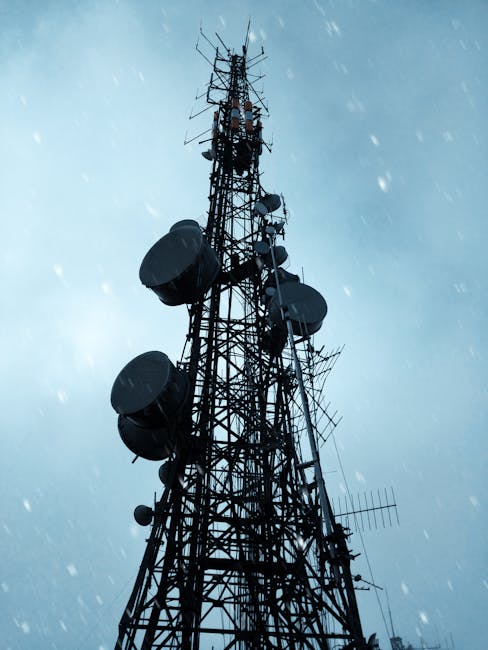
The Defense Department’s decision to halt the free flow of crucial satellite weather data has sent shockwaves through the scientific community and beyond. For decades, the military’s advanced meteorological satellites have provided invaluable, high-resolution data freely accessible to researchers, businesses, and the public. This data, crucial for accurate weather forecasting, agricultural planning, disaster preparedness, and countless other applications, is now facing a significant disruption.
The reasons behind this move remain somewhat opaque, with the Pentagon citing budgetary concerns and a need to prioritize national security. However, this explanation has sparked concerns about potential negative consequences. Reduced access to this high-quality data could lead to less accurate weather forecasts, impacting everything from farmers planning their harvests to airlines charting safe flight paths. The potential for increased economic losses due to unforeseen weather events is also a major concern.
Beyond the economic implications, the decision raises questions about transparency and data sharing. The free availability of this data has fostered international collaboration and scientific advancement for years. Cutting off this flow raises concerns about a potential shift towards a more protectionist approach to vital scientific information, potentially hindering global efforts to understand and mitigate the impacts of climate change.
The impact extends beyond just forecasting. Researchers rely heavily on this data for climate modeling, studying the effects of climate change, and predicting extreme weather events. Reduced access will undoubtedly hamper these crucial research efforts, potentially delaying breakthroughs in our understanding of climate patterns and our ability to prepare for future climate-related challenges.
Experts are now calling for transparency from the Pentagon, demanding a clear explanation of the decision and potential mitigating strategies. Discussions are ongoing regarding alternative data sources and the possibility of international collaborations to fill the data gap. However, the loss of this high-quality data represents a significant setback for both scientific progress and societal preparedness. The long-term implications of this decision remain to be seen, but the immediate impact is undeniable – the world is facing a less certain weather future.
What are your thoughts on this decision? Share your opinions in the comments below.
